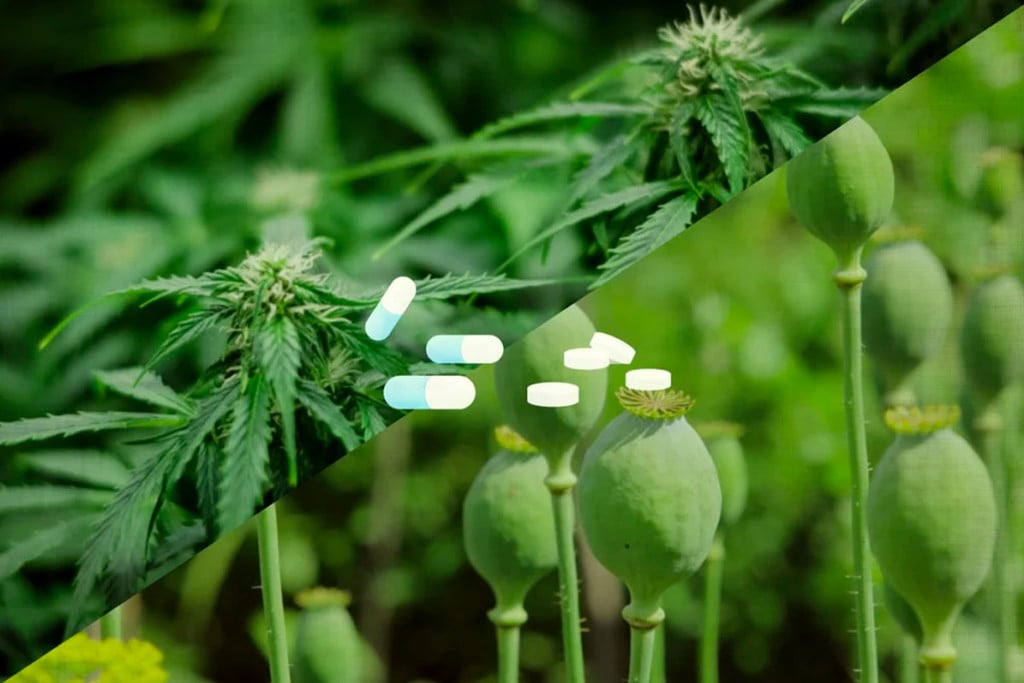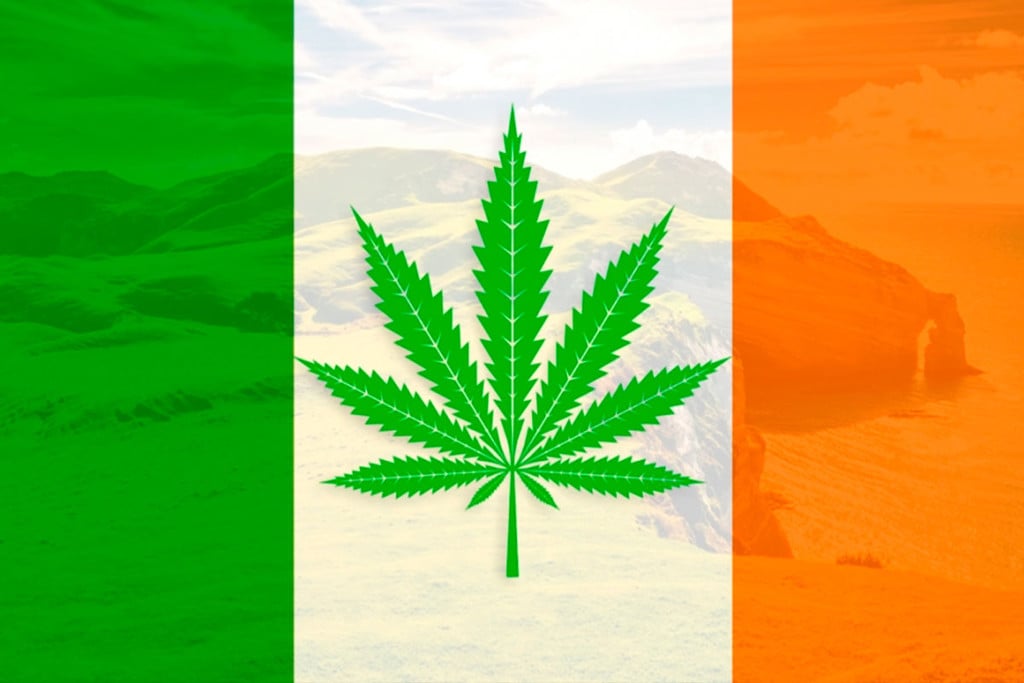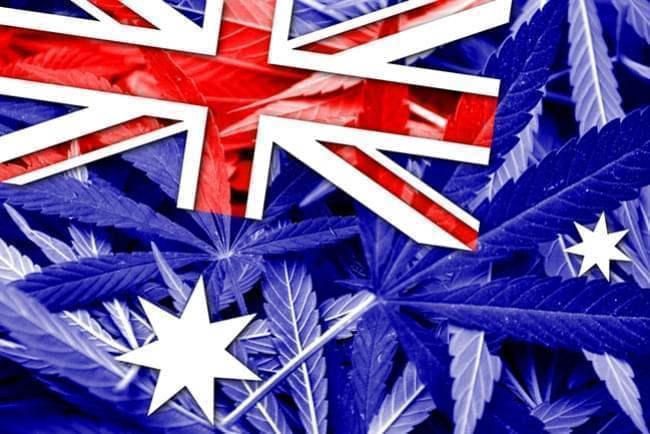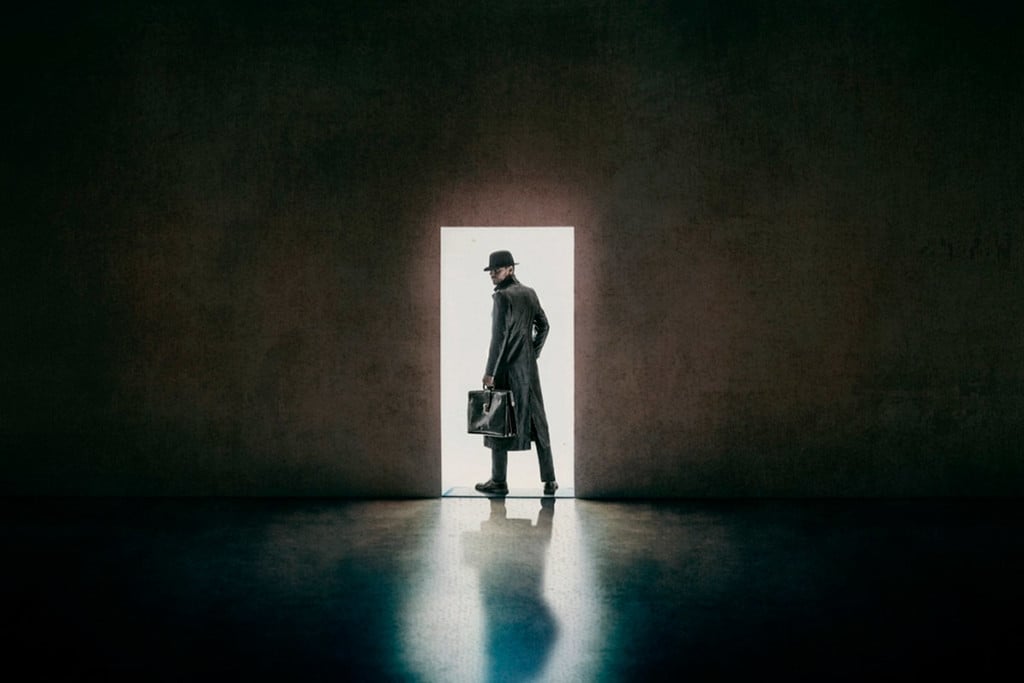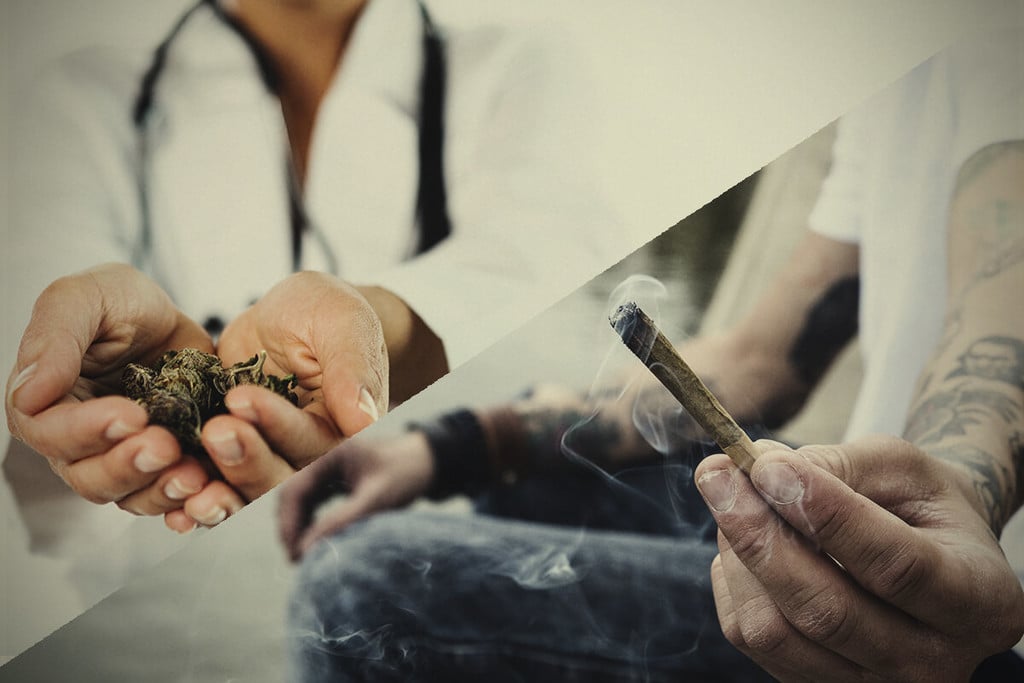.
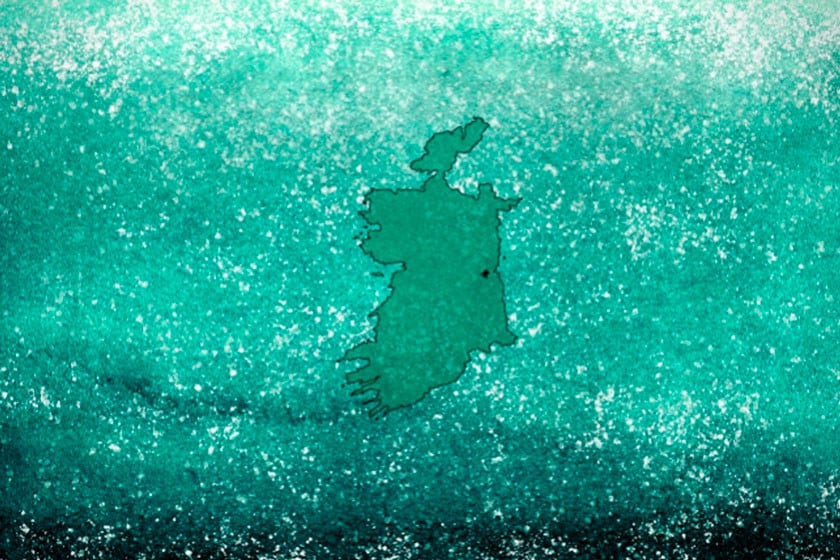
Cannabis In Ireland: Is Reform Coming To The Emerald Isle?
This so-called "land of the green" has actually been quite strict against cannabis. But now, Ireland is reconsidering its attitude toward cannabis with several proposals to change the law. Here is an Irish writer's report on the political factors at play.
Ireland has left its mark on the world in a number of fields. William Brooke O'Shaughnessy was one of the first European doctors to study the medical properties of cannabis. He discovered the cannabis plant and its local reputation for healing various ailments while working for the British Empire in 1830s India. The intense interest that followed led to the widespread use of cannabis throughout European societies. Then, in the 20th century, the international crackdown on cannabis began.
Ireland now stands as a perfect example of the failure of cannabis prohibition. Cannabis use is still widespread, despite strict criminalisation and escalating gangland violence. Ireland was one of the first nations to show a scientific interest in cannabis. Could Ireland now be about to change its cannabis laws?
CANNABIS LAW IN IRELAND
Ireland is notoriously stubborn to change. It introduced prohibition of cannabis in the 1930s in order to comply with various international agreements. By the 1970s, many countries began questioning whether such international treaties against drug trafficking were right to include cannabis. The Netherlands famously instructed police to tolerate coffeeshops selling cannabis in order to separate cannabis users from the hard drug market. This policy has proved effective, still continuing since its introduction in 1976. A year later in Ireland, the 1977 Misuse of Drugs Act was passed, and it also distinguished between cannabis and hard drugs.
However, the legal distinction was that cannabis use would be subject to two strikes before the full penalty of drug use. Your first cannabis possession offense could face you with a fine of up to €1,270. Your second cannabis possession offense can fine up to €2,540. A third strike faces a potential Class C fine and/or up to a year in prison. Growing your own cannabis plants could also land you a huge fine and even up to 14 years in prison. That opportunity to end the criminalisation of cannabis users slipped away. Like many countries, Ireland has paid a heavy cost for the pig-headed persistence of the War on Drugs.
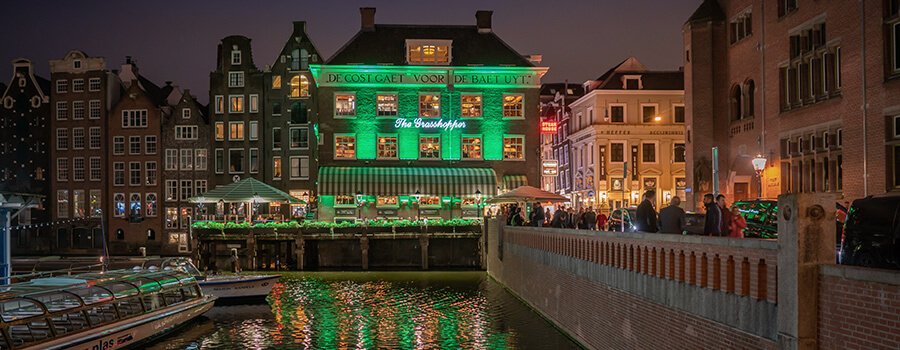
DRUGS IN IRELAND
Police resources are drained by so many cannabis seizures in Ireland, which are reported on a regular basis. Sometimes, grow-houses are discovered with migrant labourers trafficked to Ireland by organized crime. And the 2010s have seen an escalation in violent killings between inner-city gangs selling drugs. This decade has also seen Ireland recognized as the biggest user of illegal psychoactive drugs in Europe. That was the distinction Ireland has earned for its efforts in the EU Drugs Market Report of 2016. The Report also claimed that 25.3% of Irish adults have tried cannabis at least once, and 10.3% of Irish adults have used it within the last year.
All the while, an opioid crisis is harming communities throughout Ireland. City streets can often be seen with discarded syringes from heroin-users. With the mounting failures of the War on Drugs, even the Irish government has been thinking things over. They are in the process of establishing Dublin's first center for supervised heroin injection—a harm reduction measure practiced in many countries. They have also repeatedly expressed plans to emulate the drug policy of Portugal. Under 2001 reforms, possessing less than a ten-day supply of illicit drugs is no longer a criminal offense in Portugal. The health benefits observed as a result make a strong case for Portugal's policy, though Ireland has yet to implement it. When it comes to cannabis, a new tide of public opinion may force the government's hand.
MEDICAL CANNABIS IN IRELAND
In December 2016, an Irish Times/Ipsos poll placed public support for prescribed medicinal cannabis in Ireland as high as 81%. A Red C poll published a month earlier placed support levels even higher at 92%. The Irish public appears to be very sympathetic to the use of cannabis in a supervised medical context. It would seem like a no-brainer for the government to introduce this, especially with all of cannabis' potential medical benefits. Yet the government is still progressing slowly and trepidatiously on the matter.
The government claims to be gathering expert advice on how to establish a medical cannabis schema. One government report released from the Health Products Regulatory Authority only recommends cannabis treatment for conditions with the most clinical efficacy. From their research, these include epilepsy, chemotherapy, and spasticity from multiple sclerosis. Whether prescriptions will be allowed for other conditions is currently at the discretion of the Minister for Health, Simon Harris. He has to approve medical cannabis prescriptions on a case-by-case basis. For too many Irish people, this is not good enough.
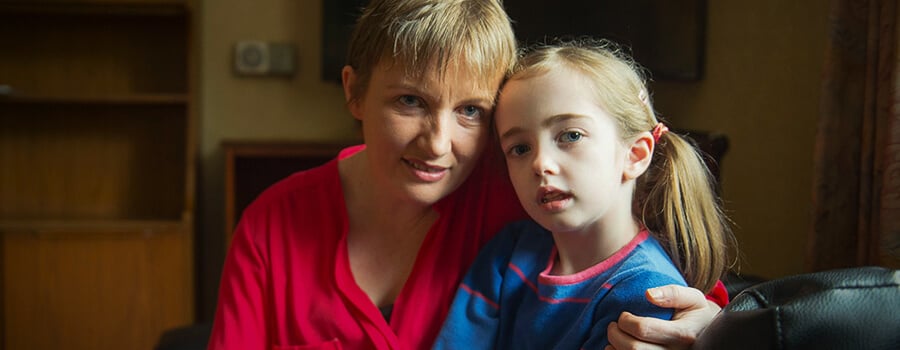
VERA TWOMEY
The government, led by conservative party Fine Gael, is under increasing pressure for a legislative solution to the medical cannabis issue. A number of families have led campaigns calling for changes to the current law. The most high-profile case concerns Ava Barry, a young girl from County Cork. The epileptic seizures she experiences from her Dravet syndrome diagnosis are only effectively treated with CBD-rich cannabis oil. CBD oil is legal in Ireland, but not if there's psychoactive THC present. Ava's mother, Vera Twomey, has repeatedly called on the government to allow for more flexibility regarding cannabis-based medicines.
Twomey marched from County Cork across the country to the Irish parliament building at Leinster House in Dublin. She then camped outside even though she was ill herself. After this protest was ignored, the family then had to relocate to the Netherlands to access Ava's medicine. In November 2017, they were finally granted a license for their medicine in Ireland by Minister Simon Harris. Twomey was recognized for her efforts at the People of the Year Awards, at a ceremony attended by Leo Varadkar, the current Prime Minister or "Taoiseach" of Ireland.
Twomey used her acceptance speech to appeal directly to the Taoiseach and the public to pass better laws on medical cannabis. She was met with a standing ovation.
Controversially, the national broadcaster RTÉ edited an online clip of her speech short. This led to wide sharing of her full speech across Irish social media. This has placed even more pressure on Varadkar to legislate for cannabis reform. There are a number of proposals that have already been put forward, including one where the ball is firmly in the government's court.
POTENTIAL CHANGES FOR MEDICAL CANNABIS?
Twomey's speech specifically mentioned a bill currently with the Irish parliament, the Cannabis for Medicinal Use Regulation bill (2016), which has been put forward by Gino Kenny, a politician and “TD” for the Dublin Mid-West constituency. Although this bill legalizes medical cannabis, Fine Gael were hesitant to allow this because of the alleged legal complications that would arise. Fine Gael do not currently hold a majority in parliament, and the parliament voted in favor of revising the bill further. There has been no progress, however, on this bill in over a year.
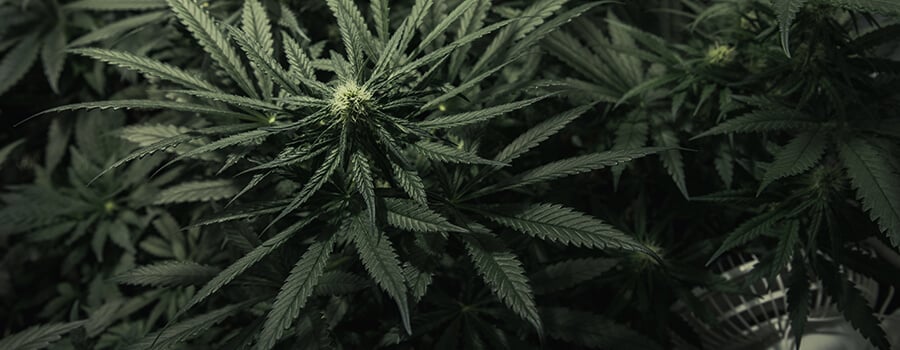
POTENTIAL CHANGE FOR RECREATIONAL CANNABIS?
Another small political party happened to announce an even more ambitious policy the weekend of Vera Twomey's speech. The Green Party only holds two seats in the current parliament of 158 seats. They have been in government before, and could potentially be part of a coalition government after a future election. Part of their platform will be this document outlining their cannabis policy. Another coincidence with this announcement is that it happened the same weekend as the Australian Green Party announced their policy to legalize cannabis.
The Irish Green Party advocates for adopting the Dutch model, but with licenses for regulated domestic cultivation. This avoids the Dutch pitfall of organized crime involvement in the supply of cannabis to coffeeshops. Otherwise, the Dutch model is followed closely, with adult-only coffeeshop spaces for selling and using cannabis. There would be no criminal offense for possessing less than five grams of cannabis. There would also be access to cannabis-based medicines through pharmacies, similar to recent reforms in Germany.
Green Party leader and former government minister Eamon Ryan says jurisdictions that have introduced regulation of cannabis have seen positive outcomes. He says the current system is "feeding gangland culture" and that regulating cannabis would be best for overall harm reduction. The initial response to this new Green policy has been surprisingly positive. Self-selecting polls placed public support for their proposals at 76% on Newstalk and 91% on the Irish Independent.
ALCOHOL IN IRELAND
Reforming cannabis laws appears to be popular in Ireland. This is certainly true of medical cannabis, where even older and more conservative groups support it. While public attitudes are shifting, there could still be vocal opposition to any moves towards tolerating recreational cannabis. There's decades of misinformation around cannabis, with people fearing its effects will be similar to alcohol. Ireland has huge problems with alcohol. As an Irish non-drinker, I know this is a harmful stereotype. It is also observable in Irish cities every weekend. What might be appealing is the potential for an alternative social scene in Ireland.
Wherever access to cannabis opens up, a community emerges around its responsible use. A more laid back coffeeshop environment could be safer than the amped-up atmosphere of bars, pubs, and nightclubs. The contrast between stoned behaviour and drunk behaviour was even highlighted in Colorado's **historic legalization campaign. What if instead of making Irish nightlife worse, cannabis actually helped with Ireland's alcohol problems? It's even possible cannabis can treat addiction to alcohol and other substances! But is any of this even likely to happen in Ireland?
IS IRELAND READY?
Ireland has traditionally been a socially conservative country. It also has a political system where the government always features one of two conservative political parties with almost identical policies. As recently as 2013, a bill from Luke “Ming” Flanagan TD to legalize cannabis was voted down in parliament by a crushing margin of 111 to 8. In that context, approval of recreational cannabis does not look likely. Then again, Flanagan has since been elected to the European Parliament. And Ireland now seems capable of more rapid social change than before.
It took until 1993 before homosexuality was decriminalised in Ireland. By 2015, Irish voters approved same-sex marriage in a historic referendum. Did I mention Taoiseach Leo Varadkar is gay and it's hardly ever brought up in Ireland? Social movements have emerged to challenge stigma, taboos, and silencing. There's even a referendum to lift Ireland's abortion ban this year. Perhaps Ireland's cannabis users will tell their stories now too. Perhaps change is always closer than we think.


























